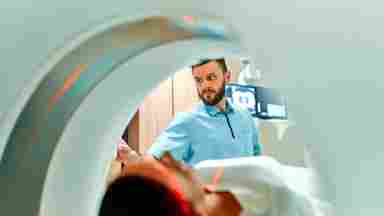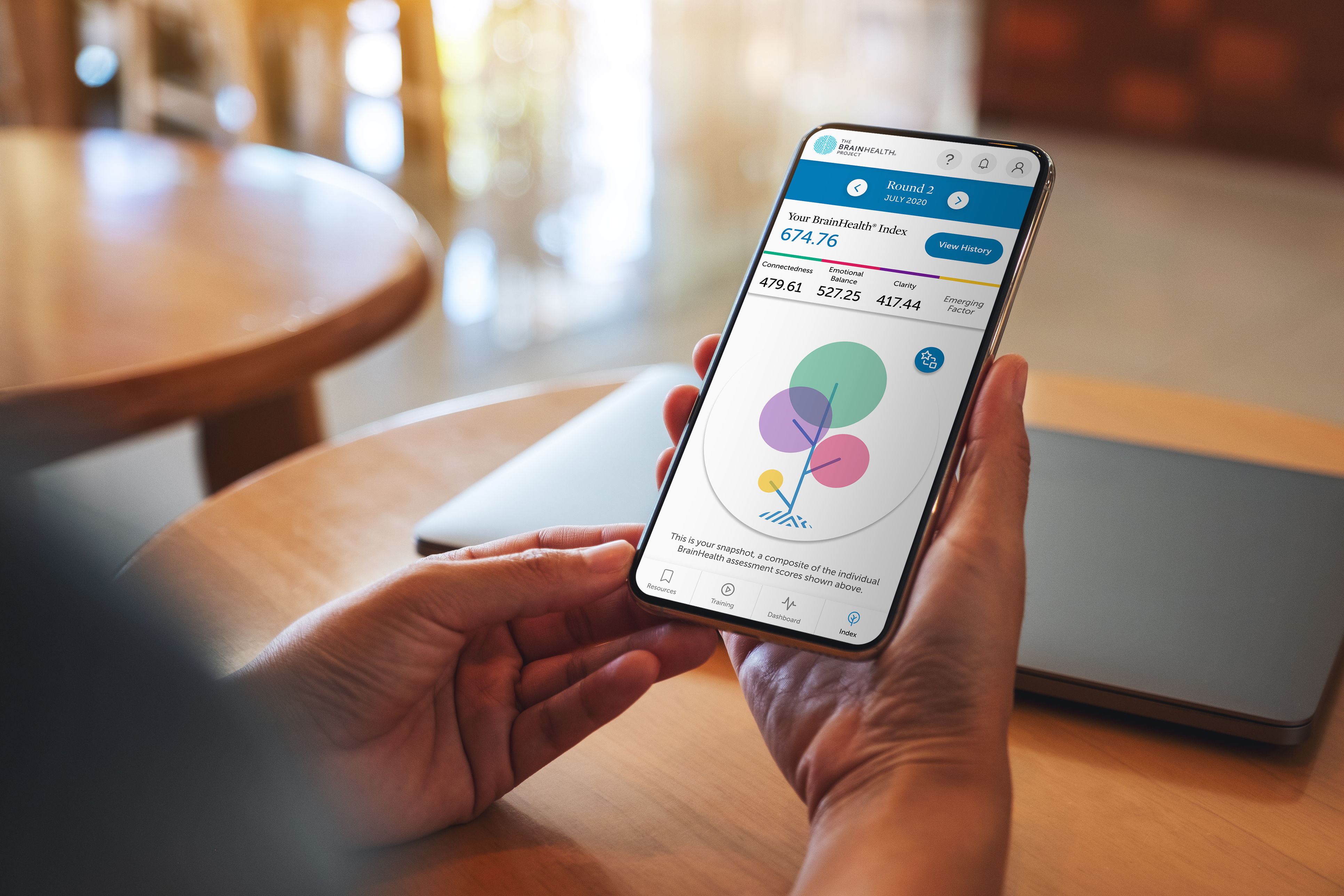
Newly Funded Projects Race Toward Discovery of Brain Health Metrics
Center for BrainHealth
Share this article

Sandra Bond Chapman, PhD
Chief Director Dee Wyly Distinguished Professor, School of Behavioral and Brain Sciences Co-Leader, The BrainHealth Project

Jeffrey S. Spence, PhD
Director of Biostatistics

Bart Rypma, PhD
Principal Investigator Professor, Behavioral and Brain Sciences at UT Dallas Meadows Foundation Endowed Chair in Behavioral and Brain Sciences Director, Sammons BrainHealth Imaging Center

Vince Calhoun, PhD
Jane and Bud Smith Chair

Aaron Tate
Director of Emerging Technology

Lori Cook, PhD, CCC-SLP
Director of Clinical Research Head of Research, The BrainHealth Project Adjunct Assistant Professor, School of Behavioral and Brain Sciences

Precision BrainHealth: Groundbreaking Study Establishes a Personalized Measure and Training Protocols, With Potential to Revolutionize Global Health
Center for BrainHealth trial unveils BrainHealth Index as powerful new tool in quest for lifelong brain health.

A Novel BrainHealth Index Prototype Improved by Telehealth-Delivered Training During COVID-19
This groundbreaking study examines the potential to revolutionize global health using a holistic, personalized measure of brain fitness (the BrainHealth® Index) in conjunction with SMART™ Brain Training.

A Neural-Vascular Complex of Age-Related Changes in the Human Brain: Anatomy, Physiology, and Implications for Neurocognitive Aging
Age-related changes in neural-vascular coupling can shed light on causes of cognitive decline in older adults, and reveal limitations of current scientific knowledge.